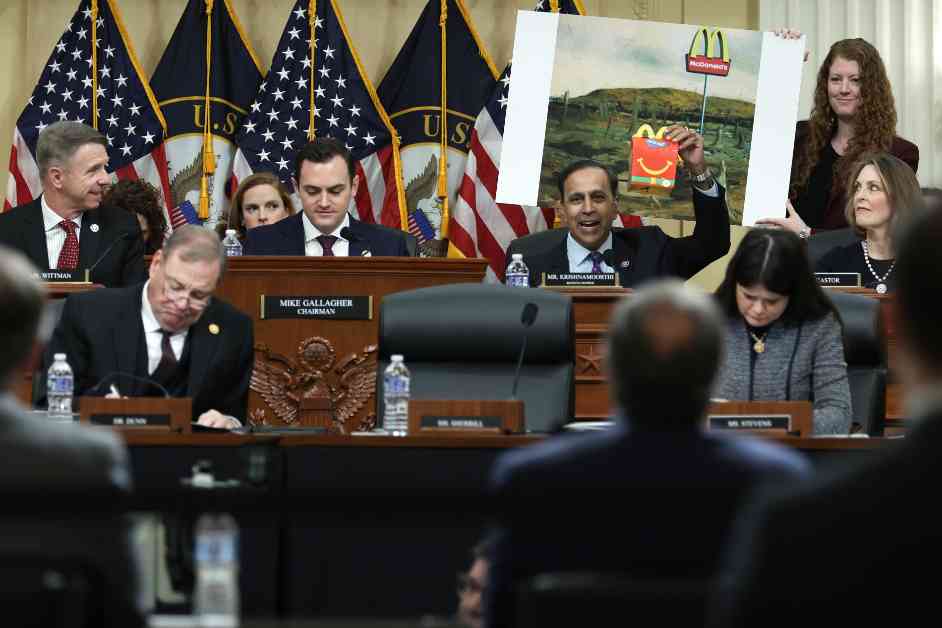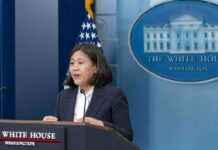The U.S. Congress’ special China committee has been making significant strides in shaping U.S. policy towards China. The Select Committee on the Strategic Competition between the United States and the Chinese Communist Party, established last year in the House of Representatives, has been instrumental in adopting a more aggressive stance towards China.
Through livestreamed hearings, published reports, and publicized letters to major American companies like Apple and BlackRock, the Committee has raised awareness about the need to monitor investments in China, exposed Chinese tax programs supporting the export of fentanyl ingredients, and pushed for tighter inspections to prevent goods made with forced labor in Xinjiang from entering the U.S.
One of the key legislative achievements of the Committee was helping to craft a law that would require TikTok’s Chinese owner to sell or shut down the platform in the U.S. if unsuccessful in challenging it. This bipartisan effort, led by Republican Mike Gallagher and Democrat Raja Krishnamoorthi, has garnered credibility in Washington and influenced the Biden administration’s China policies.
The Committee’s work has contributed to a shift in Washington’s political consensus on Beijing, emphasizing China as a global rival with ambitions that pose a threat to U.S. national security. This shift has led to debates on long-standing policies such as normal trade relations with China, with calls to revoke such trade status gaining traction among members of Congress.
Despite some bipartisan consensus achieved by the Committee, there are differing views on how the U.S. should approach China. While some members advocate for a more confrontational approach and increased pressure on Beijing, others, like New Jersey Democrat Andy Kim, emphasize the importance of focusing on U.S. competitiveness and strategic investments to maintain a balance in the U.S.-China relationship.
As the Committee continues its work under the leadership of Michigan Republican John Moolenaar, its agenda remains focused on military deterrence, limiting American investments in China, and countering Beijing’s influence operations in the U.S. The Committee’s efforts are likely to shape U.S. foreign policy towards China in the coming months, even as the debate on the best approach to dealing with Beijing continues among lawmakers.

















